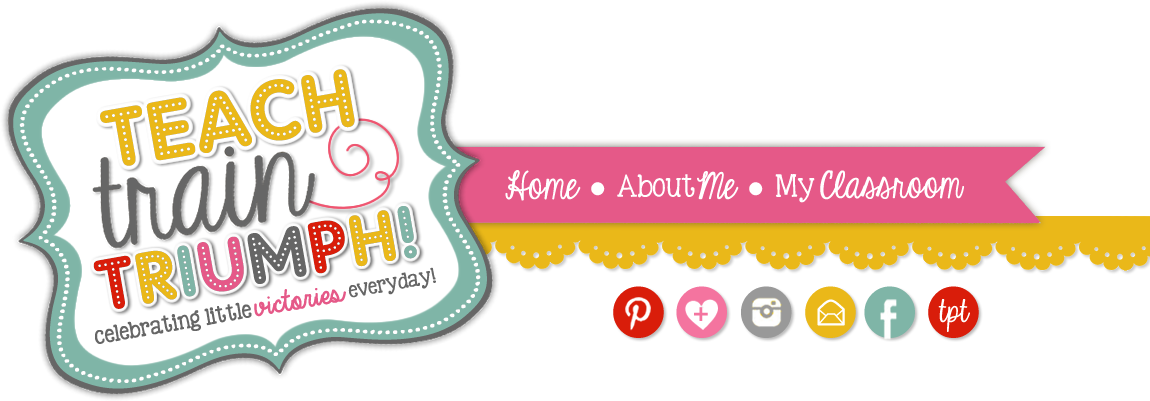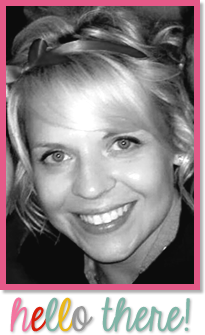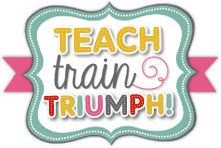ASSESSMENTS...oh assessments! There is a need for them most definitely but how to fit it all in, sometimes it just seems like that's all I do! Obviously I need to make some changes so I'm not feeling that way all the time. I don't know how your school/district/state works but where I live there's a lot of emphasis put on reading assessments and tests but not so much on math. I did find something that I really liked last year from AIMSweb, however I can't share it with you :(. It's the Early Numeracy Indicators. If you have access to AIMSweb you can get these tests. They were a great place for me to start with my first graders. There are 4 tests: Oral counting, Missing numbers, which number is bigger, and number identification I believe.
Assessment is very important because it helps guide our instruction. We can see what students can do successfully or not so successfully. It helps the teacher make instructional decisions. "I need to reteach odd and even numbers" or "Joe, Sally and Tom need a reteaching of change unknown addition problems." Now this doesn't have to be after a test it could be a simple exit ticket or observation of the student's work. Something that I totally need to work on...
I use observations, formal tests and then informal tests like exit tickets and quizzes. I also try to use checklists... I was not as consistent with them as I need to be, but you guys are teachers you know we have SO much to do everyday that sometimes things just slip past us! This year however I will try my best to keep it up. My checklists are divided by quarter and have the standards we are teaching for that quarter. What assessments do you use in your classroom?







































